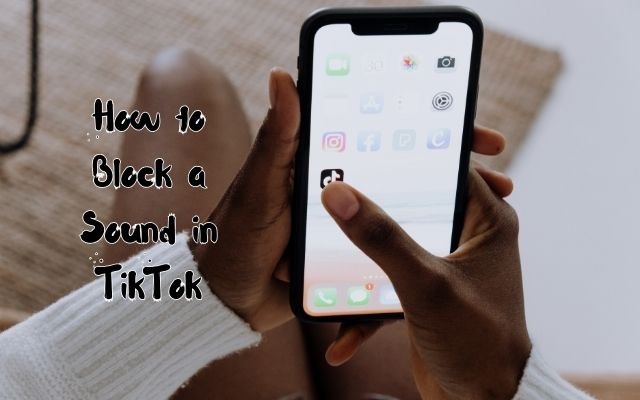Why Your Laptop Battery Doesn’t Last as Long as Advertised
Learn why your laptop battery doesn’t match advertised life. Understand real-world usage, battery wear, and tips to improve performance.

Have you ever bought a laptop, thrilled by the claim of “up to 16 hours of battery life,” only to find yourself needing to recharge before the day ends? You’re not the only one. Reason your laptop battery doesn’t last as long as advertised is due to a variety of factors that manufacturers don’t always mention. While battery life claims sound great on paper, several hidden elements contribute to the gap between what’s promised and what you actually experience.
Here is a look at factors that affect your laptop’s battery performance and why it doesn’t last as long as advertised.
Why the ‘Up To’ Disclaimer Makes Your Laptop Battery Seem Better Than It Is
One of the primary causes of your laptop battery’s shorter lifespan than promised is the phrase “up to X hours” that appears in battery life promises. The key is “up to”—which gives manufacturers flexibility.
Battery life is usually tested under ideal conditions, like low screen brightness, minimal background tasks, and light activities such as reading or watching offline videos. This is far from how most of us use our laptops.
Manufacturers show these best-case scenarios to make their products look good. They aren’t misleading, but they give you a maximum estimate, leaving it up to you to figure out what “real-world” battery life will actually be.
Why Laptop Battery Tests Don’t Match Real-World Use
Manufacturers test battery life using tasks that don’t use much power, like playing videos with the screen at 50% brightness and Wi-Fi off. These tests are meant to show the best possible battery performance.
During these tests, the laptop’s GPU (graphics processor) handles the work, which is efficient for tasks like watching videos. The CPU, which uses more power, isn’t working hard. This makes the battery seem to last longer than it would with normal, everyday use.
For example if a laptop is advertised to last “up to 16 hours,” it likely achieved that by playing a simple video with low brightness and no internet. But once you start using power-hungry apps, increase brightness or connect to Wi-Fi, battery will drain much faster.
Why Your Laptop Battery Drains Faster in Real Life
Your laptop uses more power when in daily usage than when it is being tested by the manufacturer. Typical daily activities include web browsing, video calls, file syncing and photo or video editing. All of these tasks use up power.
For example, web pages are heavier now with ads and videos that use more battery. On a Zoom call, your laptop’s CPU and GPU work harder, while the camera, microphone, and speakers also drain power.
Wi-Fi also affects battery life, especially if the signal is weak. A brighter screen uses more power too, but people often keep it high for better visibility.
So, in real life, your laptop uses more power, which is why the battery doesn’t last as long as advertised.
- Why AI Art Can’t Replace Human Creativity: Importance of Intent in Art
- AI Photo Editing Is So Advanced, It’s Hard to Believe What’s Real
- Beware of This Fake AI Spam Campaign
Why Laptop Batteries Lose Power Over Time
When you first get a laptop, the battery works well, but over time it loses power. Most laptops use lithium-ion batteries, which wear out as they get older and can’t hold as much charge. This is called battery wear & is completely normal.
Your laptop goes through a cycle each time it is charged. Using a battery from full to empty & then charging it again is called a cycle. Before they begin to lose power, most laptop batteries can withstand 300–500 cycles. This can occur within a few years if you use your laptop frequently.
Batteries also degrade more quickly in hot weather. Wear can be increased by running demanding apps, using your laptop in hot environments, or leaving it plugged in all the time.
Even when your battery is at 100%, you may notice that it drains more quickly than it used to. This is simply the way these batteries age and isn’t a concern.
Manufacturers test batteries in perfect conditions but in real life, we use laptops much more heavily. This makes it normal for battery life to be shorter than advertised.
To make your battery last longer, lower your screen brightness, close unused apps, and avoid keeping it plugged in all the time. But remember, all batteries wear out eventually, so it’s normal for battery life to get shorter over time.



